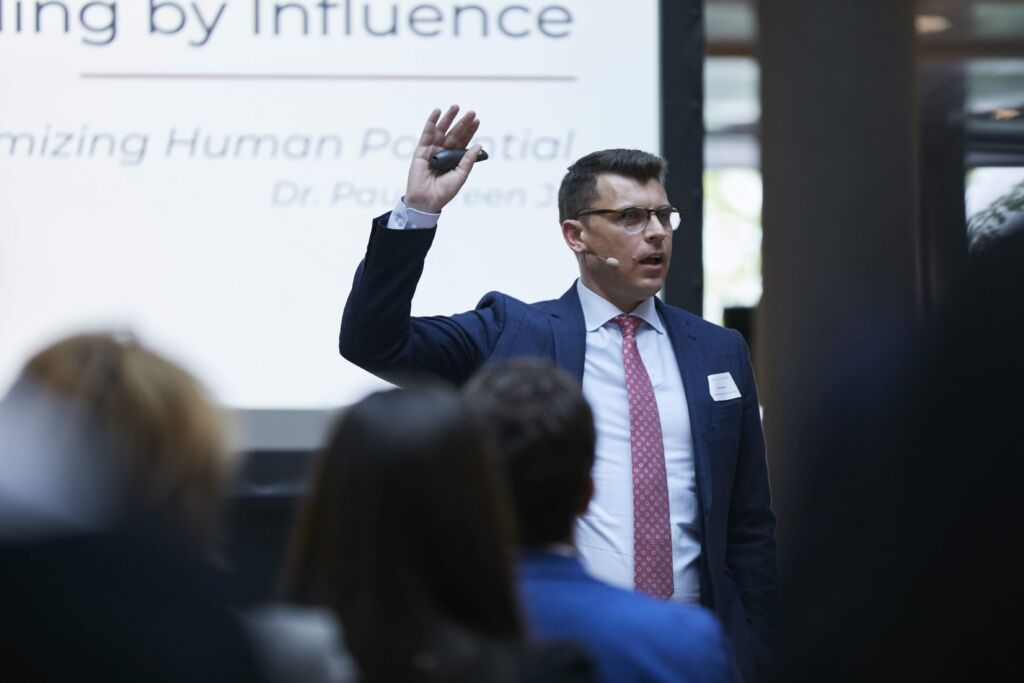

Managing Risks in the Energy Transition
2 July - 3 July
| €1450Overview
Controlling global warming means drastically reducing the world’s consumption of coal, gas and oil, and substituting these resources with renewable energies. Current massive investments by the fossil fuel industries contradict the decarbonization objectives being discussed by international bodies. This discrepancy generates a major risk for the economy, that of a sharp devaluation of (so-called “stranded”) assets, such as fossil deposits, oil rigs and coal-fired power plants.
Program Objectives
– Be able to apply existing tools to estimate your business or organisation’s sensitivity to climate change mitigation
Who should attend
This masterclass is designed for employees of private firms, governments, central banks, NGOs or consultancy companies that are interested in the transition to a low-carbon economy. It is also interesting for energy or environmental consultants, risk analysts, financial analysts and financial managers, equities and commodities analysts, strategy managers and CSR heads.
Faculty
Renaud Coulomb is Professor of Economics, Ecole des Mines Paris-PSL University, CERNA. Previously he was Honorary Senior Fellow, The University of Melbourne, Department of Economics. He holds a PhD and a master’s degree in Economics from the Paris School of Economics and a master’s degree in International Relations from Sciences-Po Paris, and a bachelor’s degree in Social Sciences from the Ecole Normale Supérieure Paris-Saclay. His goal is to produce policy-relevant research outcomes that are empirically-grounded and theoretically-sound. His research is question-driven: depending on the project, he relies on applied micro methods or applied theory, combining both when relevant.
How to finance your training
- Financial support from the State
Luxembourg School of Business is accredited by the Luxembourg Ministry of Higher Education and Research and recognized as a continuing education organization. As a result, your company can benefit from financial aid from the Luxembourgish state for the training of its employees.
For more information, please follow this link https://bit.ly/3hacjIg
- Tax Deductibility for individual
Any taxpayer with net income from a salaried occupation may deduct the cost of professional development as business expenses (frais d’obtention) from his taxable income from the salaried occupation. Further training expenses which are related to the taxpayer’s current activity fall within the scope of the acquisition costs of article 105 of the ITA and are therefore deductible from taxable income.
For more information, please follow this link https://bit.ly/3vcoLz5
Certificate
Upon completion of the course, you will receive a certificate to add to your CV and LinkedIn profile.
Practical information
The course takes place from 9:00 a.m. until 5:00 p.m.
Contact
Sacha Haddad
Customer Experience Manager
M: (+352) 691 733 303
E: sacha.haddad@luxsb.lu



